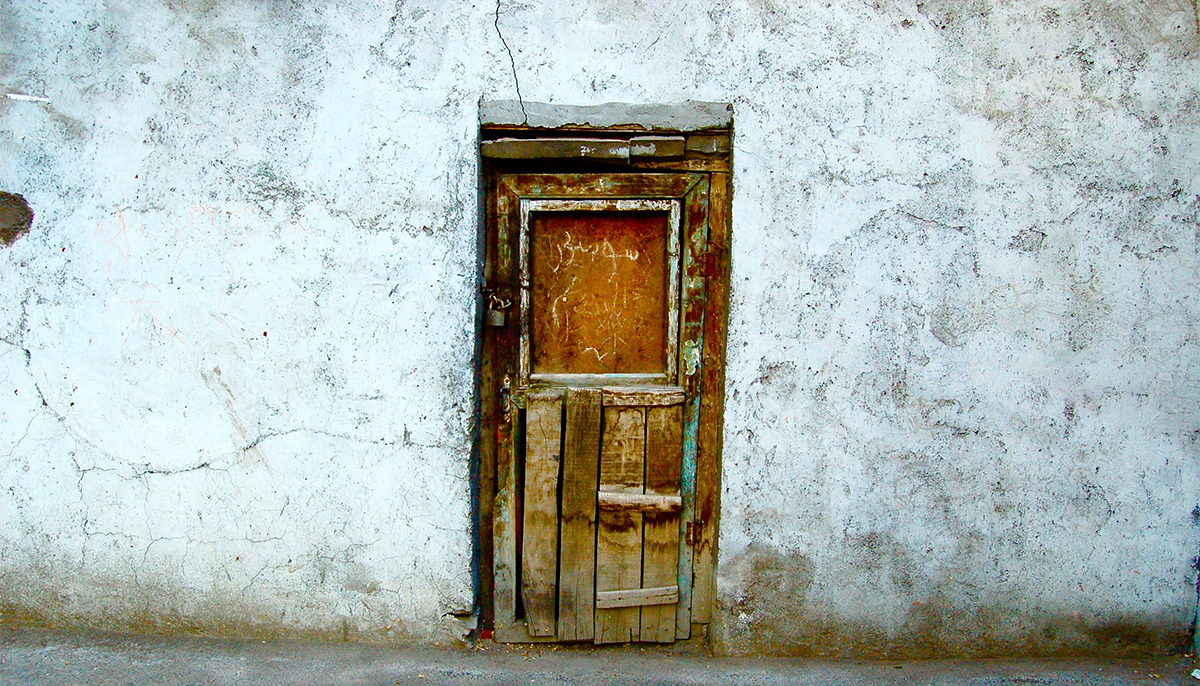Don’t really get all the BLM stuff?
400 years ago white people enslaved black people.
And sold them.
And treated them as less than human.
For 250 years.
While white men built the country and created its laws and its systems of government.
While 10, 15 generations of white families got to grow and flourish and make choices that could make their lives better.
150 years ago white people "freed" black people from slavery.
But then angry white people created laws that made it impossible for them to vote.
Or to own land.
Or
to have the same rights as white people. And even erected monuments
glorifying people who actively had fought to keep them enslaved.
All while another 5, 10 generations of white families got to grow and accumulate wealth and gain land and get an education.
60 years ago we made it "legal" for black people to vote, and to be "free" from discrimination.
But angry white people still fought to keep schools segregated.
And closed off neighborhoods to white people only.
And
made it harder for black people to get bank loans, or get quality
education or health care, or to (gasp) marry a white person.
All
while another 2-3 generations of white families got to grow and pass
their wealth down to their children and their children's children.
Present day-
And
then we entered an age where we had the technology to make PUBLIC the
things that were already happening in private-- the beatings, the stop
and frisk laws, the unequal distribution of justice, the police
brutality (in the south, police began as slave patrols designed to catch
runaway slaves).
And only now, after 400+ years
and 20+ generations of a white head start, are we STARTING to truly have
a dialogue about what it means to be black.
White privilege doesn't mean you haven't suffered or fought or worked hard.
It doesn't mean white people are responsible for the sins of our ancestors.
It doesn’t mean you can’t be proud of who you are.
It DOES mean that we need to acknowledge that the system our ancestors created is built FOR white people.
It DOES mean that Black people are treated at a disadvantage because of the color of their skin
It DOES mean that we owe it to our neighbors-- of all colors-- to acknowledge that and work to make our world more equitable.
Because Black Lives Matter.
Understanding why we have to say this matters.
Your voice in this movement matters. Recognizing privilege, power and history matters.
This has been copied and pasted - PLEASE DO THE SAME






























